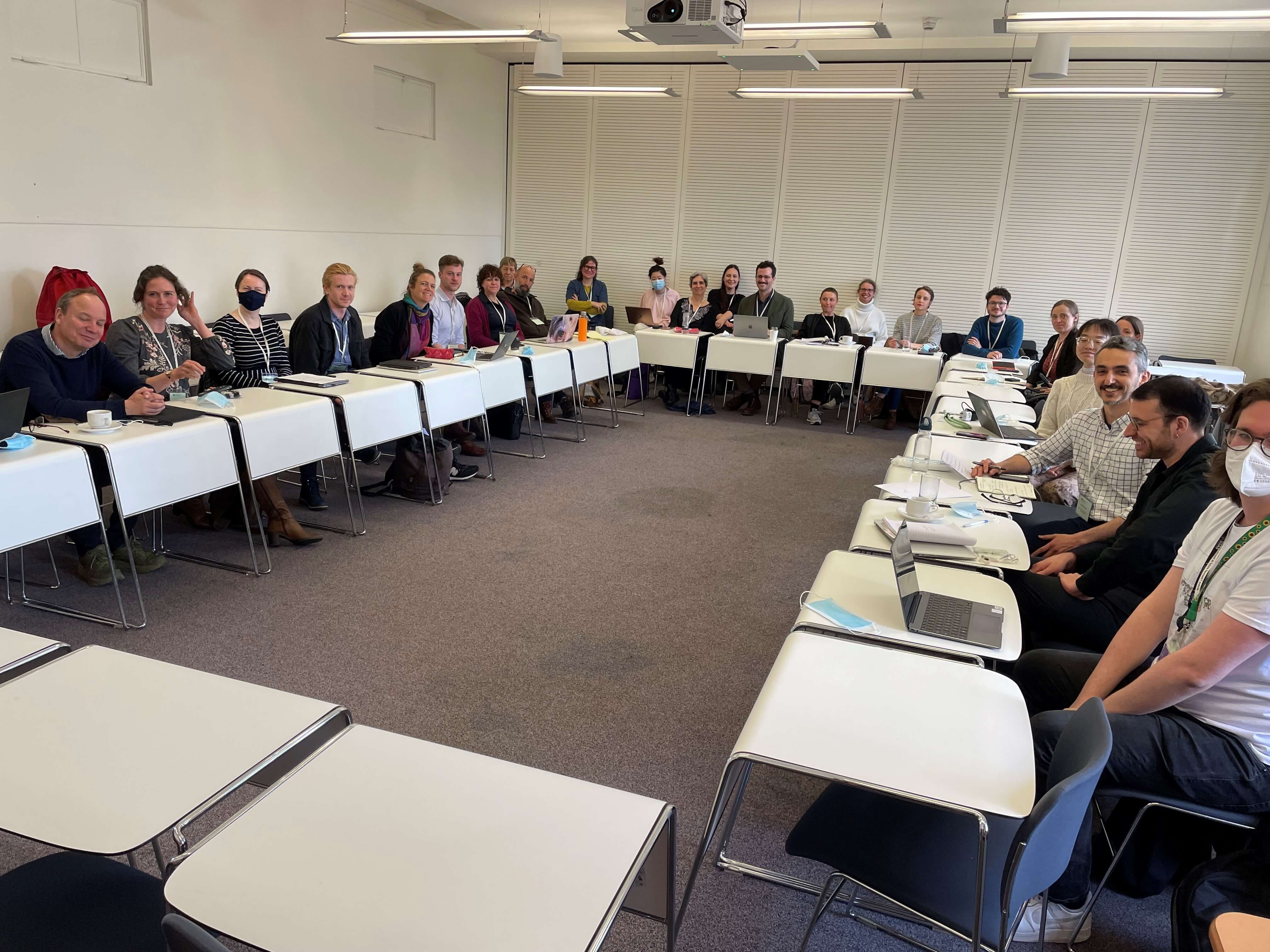Conference panel on attention organized by Eva Iris Otto
On April 12th, 2023, DISTRACT PhD fellow Eva Otto (UCPH), in collaboration with Miquel Alcalde (LSE) and Rahul ROSE (LSE), held a successful panel at the yearly conference of the Association of Social Anthropologists focusing on how anthropologists should consider attention. How might we develop an anthropology of attention and what can this contribute to current debates on attention? The theme clearly hit a nerve within the anthropological community, as the panel was hugely popular at the conference in SOAS, London.
Read more about the ASA conference.

Panel abstract:
The manipulation of 'attention' is seen as underlying many of the world's ills. Technology companies are said to be engaged in an arms race to harness our attention for profit, leading to divisive politics, technological addiction, and poor mental health. This has been exacerbated by a retreat into online worlds during the pandemic. Remarkably, attention, while being a source of anxiety, is also often touted as a cure for our runaway world as seen in the popularity of mindfulness and yoga.
As Pedersen, Albris and Seaver have argued, attention is an implicit but crucial concept in anthropological analyses of many domains, like digital technologies and ritual. Moreover, over recent decades influential anthropological works have used attention as an important part of their theories (Ingold; Luhrmann; Duranti; Csordas). Despite this history of engagement and current anxieties, attention has not thus far been the subject of robust theoretical debates in anthropology. This, however, is beginning to change with certain anthropologists arguing that attention deserves more explicit examination (Cook; Seaver; Cassaniti).
In the spirit of this fledgling turn, this panel considers the value of an 'anthropology of attention'. We encourage papers that explicitly engage with attention as a theoretical concept, unpacking the assumptions that underlie its often un-reflexive anthropological usage, as well as examining how understandings of the term vary across cultures. This includes asking: What theoretical problems are most important to the anthropological study of attention? How can attention be leveraged to reconceptualise familiar ethnographic contexts and longstanding theoretical debates?
